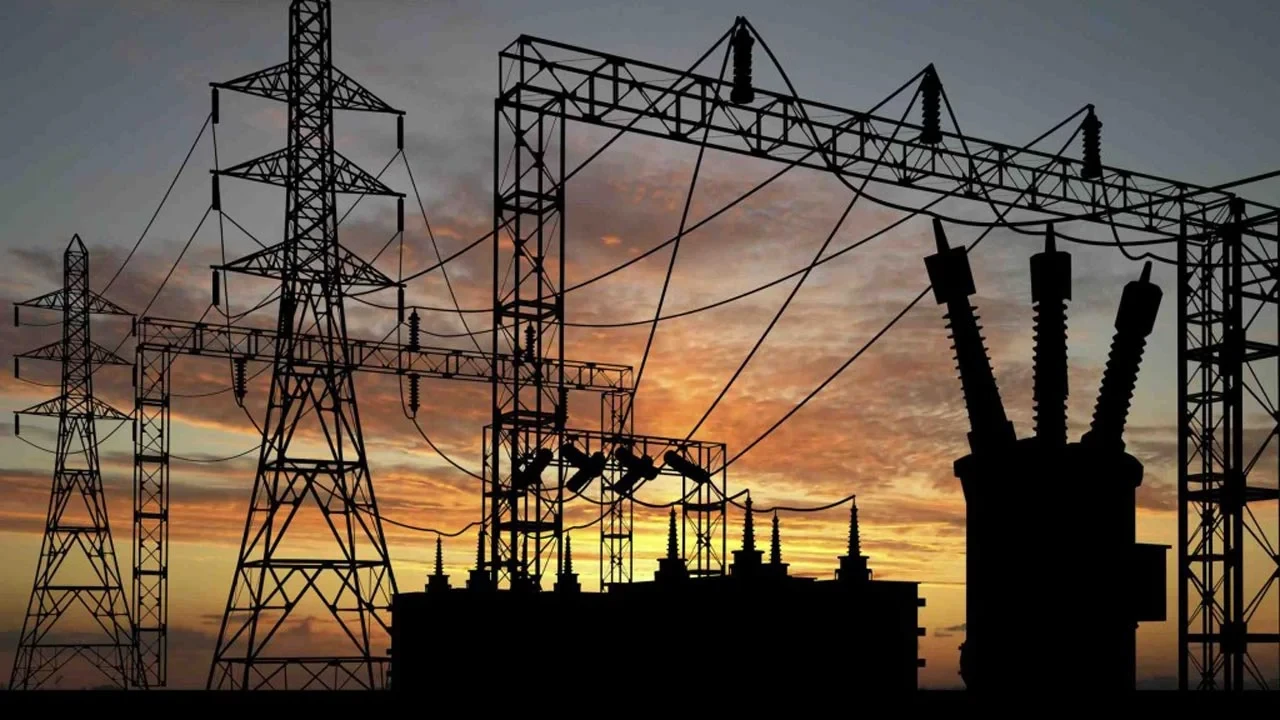An in-depth look at Nigeria's electricity crisis, frequent grid failures, and the government's efforts to reform the power sector, including the 2023 Electricity Act under President Bola Tinubu.

Once again, Nigeria finds itself in darkness following yet another collapse of the national electricity grid on October 14, 2024. This marks the seventh grid collapse this year alone, underscoring a persistent issue that has plagued the country for years.
Despite repeated government reforms and substantial investments in the power sector, these failures have become emblematic of the broader infrastructure challenges holding Nigeria back.
The Current State of Things
- About 47% of Nigerians do not have access to grid electricity, and those who do experience frequent power cuts.
- The economic cost of power shortages is estimated at around $28 billion, equivalent to 2% of Nigeria’s GDP.
- The Nigerian government allocated ₦344 billion to the power sector in the 2024 budget, a 43.9% increase from the previous year.
- Around 30% of generated electricity is lost before reaching consumers.
- Since 2022, Nigeria has experienced over 20 grid collapses, with seven occurring in 2024.
- The country generates an average of 4,000-5,000 MW for over 200 million people.
- Nigerian businesses lose approximately $29 billion annually due to unreliable electricity supply, translating to about ₦10.1 trillion in losses each year.
The Frequency of Grid Failures
Nigeria’s power grid failures have been alarmingly frequent over the years. Since 2022, the country has witnessed over 20 collapses, with this year's October incident standing as the latest in a string of seven breakdowns. The years 2018 to 2023 saw an average of 8-13 collapses annually, indicating a longstanding pattern of power instability.
These collapses have far-reaching consequences for the Nigerian economy. When the grid fails, industries shut down, small businesses face productivity losses, and millions of households are left in the dark.
With a population exceeding 200 million people and an average power generation of only 4,000-5,000 megawatts (MW), the pressure on the existing infrastructure is immense. This already precarious power supply situation worsens with every grid failure, pushing Nigerians to rely on costly and environmentally harmful generators to keep their businesses and homes running.
The Underlying Causes
Aging infrastructure is one of the primary culprits behind these grid failures. Built in the 1960s and 1970s, much of Nigeria’s transmission network operates far beyond its intended capacity, leading to frequent breakdowns. Additionally, the grid’s maintenance is inconsistent, leaving it vulnerable to unexpected surges in demand or generation.
Investment in the power sector has been riddled with inefficiencies, corruption, and mismanagement, further stalling efforts to modernize the grid. Experts also point out that Nigeria's generation capacity, while technically around 13,000 MW, only delivers a fraction of that due to gas shortages, transmission constraints, and outdated infrastructure.
Transmission losses exacerbate this issue, with approximately 30% of the electricity generated being lost before it reaches consumers. Combined with sabotage, vandalism, and delayed maintenance, it becomes evident that Nigeria’s power grid is buckling under multifaceted pressures.
The Economic Fallout
The economic impact of these blackouts cannot be overstated. In 2020 alone, Nigerian manufacturers spent N144.5 billion on self-generated electricity, according to the Manufacturers Association of Nigeria (MAN). This figure has likely increased as grid failures persist.
Beyond the industrial sector, small businesses and households face heightened costs, which are often passed on to consumers, further exacerbating the already high inflation rate in the country.
Foreign investors are also deterred by the unreliable power supply, stalling Nigeria's economic growth and development potential. Each blackout erodes confidence in the country’s ability to sustain a modern, functioning economy.
Government Responses and the Path Forward
President Bola Tinubu, who took office in 2023, has pledged to prioritize power sector reforms. His administration has focused on diversifying the country’s energy mix by encouraging private sector investments in renewable energy and boosting local gas production to power plants.
One of the key reforms under Tinubu’s leadership is the Electricity Act of 2023, which is designed to address Nigeria’s electricity crisis through several initiatives:
- Decentralized Power Generation: States, private businesses, and citizens are empowered to independently generate and distribute electricity, reducing over-reliance on the national grid and encouraging competition.
- State-Level Licensing: States can now issue licenses for private investors to build power plants and mini-grids, promoting greater investment and efficiency in energy production.
- Deregulation of Small-Scale Generation: Individuals generating up to 1 megawatt (MW) of electricity or distributing less than 100 kilowatts (KW) are no longer required to obtain a license, simplifying the development of small-scale and renewable energy projects.
- Mandate for Renewable Energy: Licensed electricity producers are required to include renewable energy in their generation mix, pushing for a transition to more sustainable energy sources.
- Custom State Electricity Markets: States are given the authority to regulate their own electricity markets, provided they enact legislation, enabling tailored solutions to local energy needs. Lagos, Edo, and Kaduna are examples of states that have already taken steps to regulate their markets.
However, these initiatives have yet to yield tangible results in stabilizing the grid. As of now, Nigeria remains vulnerable to recurring blackouts, and the government's slow pace of reform leaves many Nigerians frustrated.
Conclusion
The recent grid collapse in October 2024 is a reminder that Nigeria's power sector is in a critical state. While efforts to reform the system are underway, immediate and sustained action is necessary to modernize the grid, improve power generation, and reduce the country’s reliance on expensive generators.
The economic and social costs of inaction are simply too high for Nigeria to bear. Reliable electricity is not just a convenience; it is a foundation for economic growth and development. Without it, Nigeria’s aspirations as a global economic powerhouse will remain out of reach.

